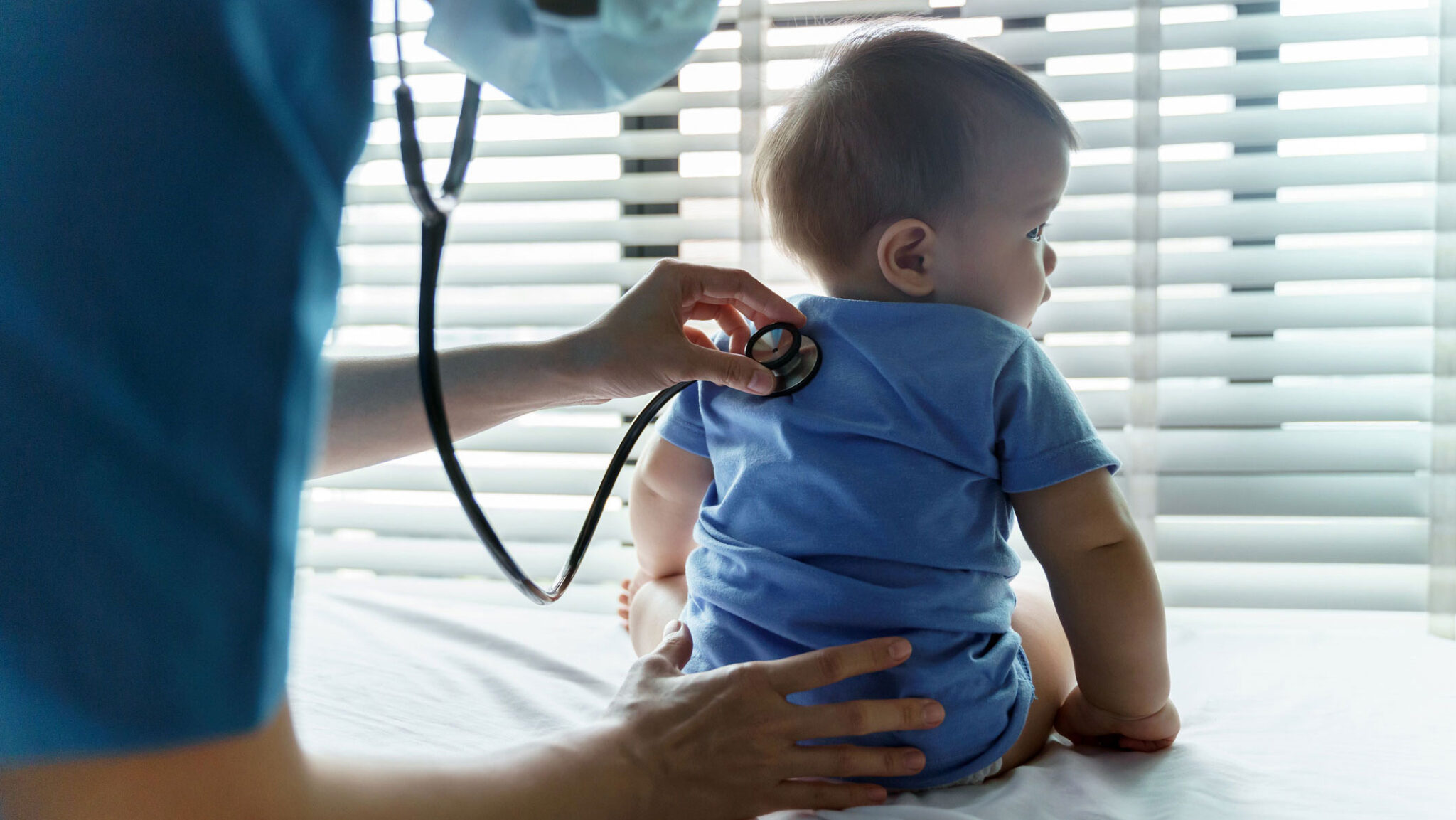
What is RSV?
RSV stands for “Respiratory Syncytial Virus”
Leading cause of lower respiratory tract infections in babies and young children
Most children get RSV by the time they are 2 years old
Most of the time RSV will cause a mild, cold-like illness, but it can also cause severe
illness such as Pneumonia (infection of the lungs) or Bronchiolitis (inflammation of the
small airways of the lungs)
Most common cause of pneumonia and bronchiolitis in children under 1 year of age
Babies under 6 months and elderly are most at risk for severe infection
What are the symptoms?
Runny nose
Decreased appetite
Coughing
Sneezing
Fever
Wheezing
**In very young infants, the only symptoms may be irritability, decreased activity,
decreased appetite and breathing difficulties**
How does it spread?
An infected person coughs or sneezes
You get virus droplets from a cough or sneeze in your eyes, nose or mouth
Direct contact with the virus, such as kissing the face of a child with RSV
You touch a surface that has the virus on it, (doorknob, countertop) and then touch your
face before washing your hands
How can I protect my baby from RSV?
Avoid close contact with people who are sick (even if sick with just a mild cold) or ask
family/friends who are sick to wear a mask in your home
Wash your hands often with soap and water for at least 20 seconds
Avoid touching their face with unwashed hands
Ask visitors to wash their hands before holding your baby
Ask visitors to avoid touching your baby’s face and hands
Centers for Disease Control and Prevention (2022)